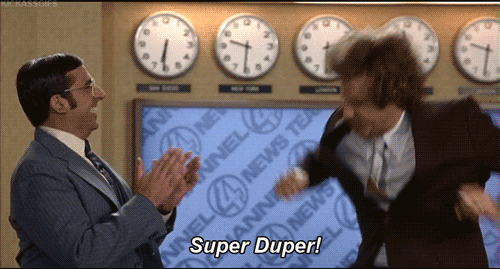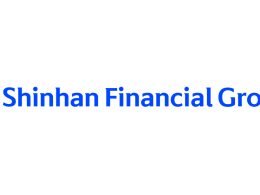It’s Time for Super-Duper Brilliant Beta!
by Rick Ferri
Ladies and gentlemen, your life-long search for the perfect investment strategy is over. Forget fundamental weighted indexes, low-volatility, and Smart Beta – let me introduce to you the most stupendous idea to hit Wall Street since the ticker tape. It will make your old neighbors ripe with envy when you move into your new oceanfront mansion. Get ready for Super-Duper Brilliant Beta!
What is Super-Duper Brilliant Beta? I have no idea. It doesn’t exist. But that doesn’t mean we don’t want it to exist – and Wall Street knows it. Our quest for a perfect investment strategy gets the creative marketing minds in the industry flowing. This spawns an endless supply of spin that attempts to convince us that the fundamental link between risk and return has been broken, and that unlimited wealth awaits every investor who puts trust in their products.
Tagging risky investments with smooth sounding names is a tradition on Wall Street. Banks sold risky baskets of illiquid stocks as Investment Trusts during the 1920s. Prices were kept high by the banks cross-selling those securities with other investment trusts, according to John Kenneth Galbraith’s bestselling book, The Great Crash 1929. There was no trust in these investments. Like time bombs, they blew up many individual investors’ accounts during the crash and economic crisis that followed.
I worked for Kidder Peabody in the late 1980s and early 1990s. The firm was a pioneer in repackaging home mortgages into slices of federally-insured paper called collateralized mortgage obligations (CMOs). Selling these “government guaranteed” CMOs to unsophisticated retail investors was easy because the yield was higher than other “government guaranteed” paper.
The problem was that the amounts invested in high-yielding CMOs were not guaranteed. Only the underlying mortgage principal was rated AAA. Investors lost billions when some of these products imploded during 1994. We witnessed the same scam more recently with AAA-rated MBS securities backed by sub-prime mortgages.
I expect to see bad labeling from the usual suspects on Wall Street because it’s their culture. I’m disheartened when a company that I admire steps into the gutter to compete on this level. I had this sinking feeling recently while reading the Center for Research in Security Prices CRSP U.S. Equity Indexes Methodology Guide.
CRSP is an integral part of the University of Chicago Booth School of Business and is widely respected for its financial and economic research. CRSP states that their indexes blend advancements in academic research with current commercial practice in a fundamentally sound manner and under the premise that an index must reflect the way that money managers actually invest. They offer US equity cap-weighted indexes, industry sector indexes, and value and growth style indexes.
My issue with CRSP is with a catchphrase that they created to represent the manner in which they select value and growth stocks for their style indexes. I’m completely fine with the methodology used to create these indexes — my issue is with the labeling of variables they used in their description of the process.
What is the crime that CRSP has committed? They’ve created and adopted the word “superfactor” to describe a combination of quantitative variables used to select value and growth stocks.
CRSP combines a future growth superfactor and a historical growth superfactor to make a composite growth score. They also combine a primary value superfactor with a secondary value superfactor to create a composite value score. The two composite scores are then used to divide stocks into growth and value buckets.
I feel this “word hyping” by CRSP is unnecessary and was only done to compete with a culture that is proliferating around Smart Beta. Granted, I’m being super critical of CRSP when there are far worse shenanigans going on by other firms in the industry, but I feel they should know better.
Can we please dispense with all the hype? I am tired of hearing about the “smartness” of a smart beta, let alone having to deal with the “superness” of superfactors.
Super-Duper Brilliant Beta is silly talk and so is a lot of other stuff going on. Let’s get back to the simple idea that there is investment risk, cost, and an expected return net of both. All else is bad marketing.
Copyright © Rick Ferri












